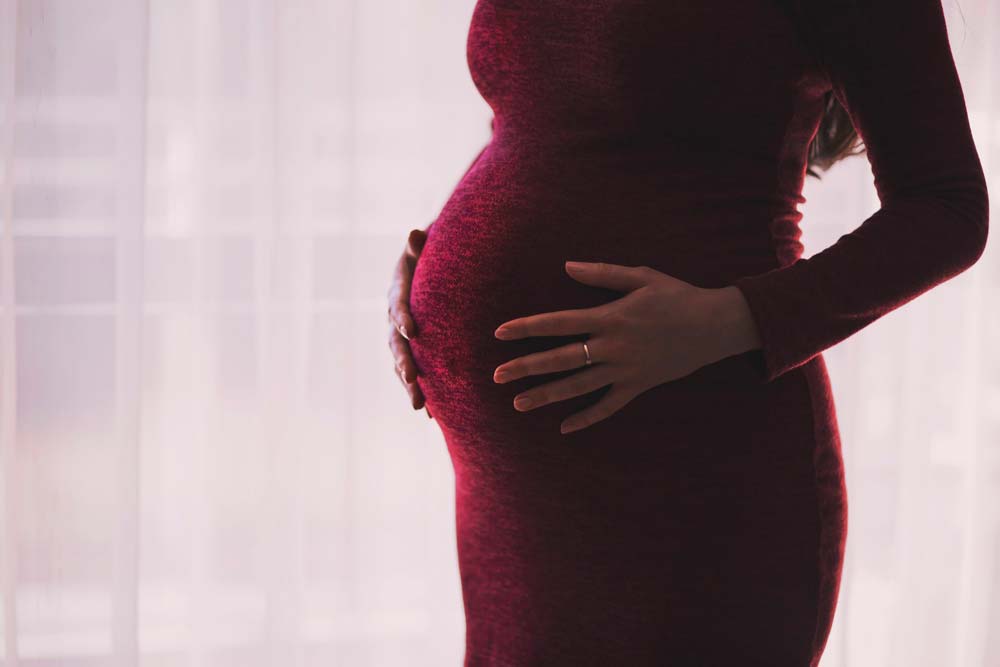
In an age when we have a wealth of information at our fingertips, getting pregnant can still be a mystery for many. When you decide you’re ready for a baby, it’s important to know how to maximize your chances, and be prepared for any challenges that might arise. Armed with the right knowledge (and a bit of luck) you’ll be on your way to expanding your family in no time.
1. Every woman’s cycle is 28 days
This is not true. Every woman’s cycle is different, ranging from 20 to 35 days, and cycles can vary month to month. A cycle is counted from the first day of your period through the day before the start of your next period. If your cycle varies by a few days each month, you’re still considered regular. If you’re concerned about your cycle length or regularity, it’s best to talk to your doctor. In fact, it’s a good idea to schedule a pre-conception appointment with your OB-GYN before you start trying for a baby, to make sure everything is good to go.
2. Your period app will tell you when you ovulate
Check again. Many women track their periods using a period app on their phone. It’s a great way to keep track of your cycle length and PMS symptoms. Often these apps will predict your ovulation day based on your cycle length, but this is not always accurate. Every woman’s cycle is different. To maximize your chances at conception, you should plan to have sex one or two days prior to ovulation and on the day of ovulation. Using an ovulation predictor kit will help you determine when you are likely to ovulate. These kits, which measure the amount of luteinizing hormone (LH) in your urine, can be purchased over the counter at any drug store. A positive test means you are likely to ovulate in the next 24 to 36 hours, so you can plan sex accordingly.
3. You have to elevate your hips for an hour after sex
Sperm ejaculate at an average rate of 31mph! The majority of his swimmers will get to their destination quickly, no matter which position you’re in. It might be a good idea to lie horizontal for a few minutes after the deed, but don’t stress if you need to get up quickly.
4. You’ll feel pregnant right away
This would be nice. But no, after an egg is fertilized (yay!) there’s a lot that still has to happen before you’ll be able to know if you’re pregnant. Implantation into the uterus typically happens between eight to 12 days after ovulation. Once the fertilized egg implants in your uterus, your body will start producing the pregnancy hormone HCG. Only then will you begin to feel symptoms. It’s recommended that women wait until about 14 days after ovulation to take a home pregnancy test to get the most reliable result.
5. It will happen on the first try
Most of the time this isn’t the case. If you’ve just stopped birth control, it might take a few months for your cycle to regulate, which can make it difficult to predict ovulation. Additionally, it’s not uncommon for women under 35 to take up to a year. If you are using ovulation predictor kits and timing sex accordingly, you are maximizing your chances at conception each month.
6. If you relax, you’re more likely to get pregnant
Trying to get pregnant is an exciting time, but it can also be stressful. Many women love to plan ahead, and it’s difficult to do that when you don’t have much control over getting pregnant. While baby-making sex can be fun, it can also be tiresome to plan sex for specific days. If you’re feeling stressed, you’re not alone. Studies have shown, however, that stress has little impact on a woman’s ability to get pregnant. So that’s one less thing to stress about.
When you’re ready for a baby, you don’t want to wait longer than you have to. Talk to your doctor, pay attention to your cycle, and of course, have fun!
